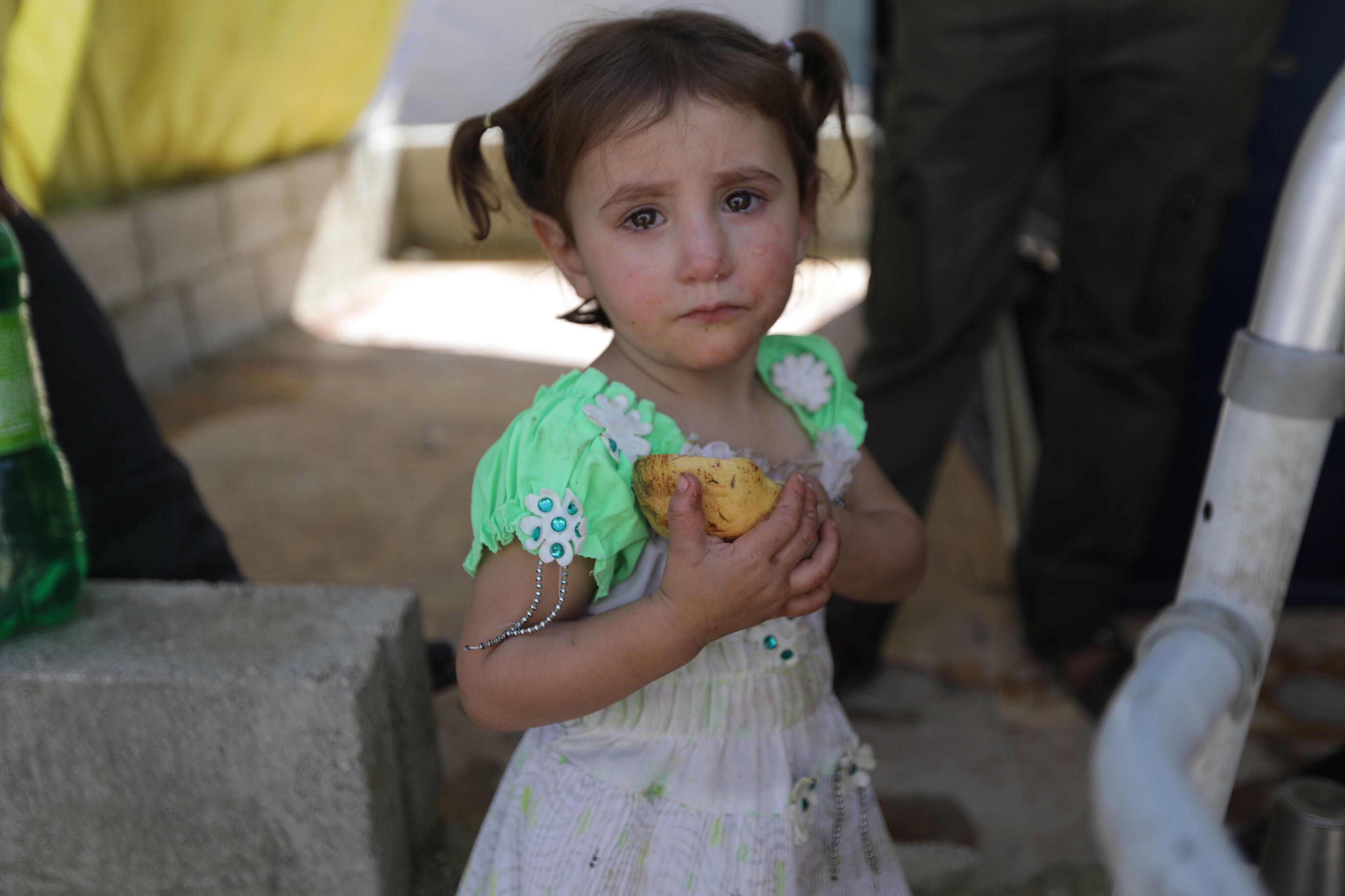The Effects of Childhood Trauma, It Is dangerous

By: Amy Morin/ Psychologist
This article is published in Very Well Mind
childhood trauma can have a lifelong effect. And while kids are resilient, they’re not made of stone.
That’s not to say your child will be emotionally scarred for life if he endures a horrific experience. With appropriate interventions, adults can help kids recover from traumatic experiences more effectively.
But it’s important to recognize when your child may need professional help with dealing with a trauma. Early intervention could prevent your child from experiencing ongoing effects of the trauma as an adult.
There are many different experiences that can constitute trauma. Physical or sexual abuse, for example, can be clearly traumatic for children.
One-time events, like a car accident or a particularly severe natural disaster (like a hurricane, for example), can take a psychological toll on children as well.
Ongoing stress, such as living in a dangerous neighborhood or being the victim of bullying, can be traumatic, even if it just feels like daily life to an adult.
In fact, nearly any event can be considered traumatic to a child if:
It happened unexpectedly
It happened repeatedly
Someone was intentionally cruel
The child was unprepared for it
Childhood trauma also doesn’t have to occur directly to the child; for instance, watching a loved one suffer can be extremely traumatic as well. Exposure to violent media can also traumatize children.
Just because an experience is upsetting, however, doesn’t make it traumatic. Parental divorce, for example, will likely affect a child but it isn’t necessarily traumatizing.
It’s also important to remember that just because a child endured a tragedy or a near-death experience, doesn’t mean he’ll automatically be traumatized. Some kids are much less affected by their circumstances than others.
Children with PTSD may re-experience the trauma in their minds over and over again. They may also avoid anything that reminds them of the trauma or they may re-enact their trauma in their play.
Children with PTSD may also have problems with:
- Fear
- Depression
- Anxiety
- Anger and aggression
- Self-destructive behavior
- Feelings of isolation
- Poor self-esteem
- Difficulty trusting others
Even children who don’t develop PTSD may still exhibit emotional and behavioral issues following a traumatic experience.6 Here are some things to watch out for during the weeks and months after an upsetting event:
Encreased thoughts about death or safety
Problems sleeping
Changes in appetite
Anger issues
Attention problems
School refusal
Somatic complaints like headaches and stomachaches
Loss of interest in normal activities
Irritability
Sadness
Development of new fears
Effect on Long-Term Health
experiences a person has, the higher their risk of health and wellness problems later in life. Childhood trauma may increase an individual’s risk of:
Asthma
Depression
Coronary heart disease
Stroke
Diabetes
When a child experiences a trauma that teaches him that he cannot trust or rely on that caregiver, however, he’s likely to believe that the world around him is a scary place and all adults are dangerous—and that makes it incredibly difficult to form relationships throughout their childhood, including with peers their own age, and into the adult years.
How to Help
Family support can be key to reducing the impact trauma has on a child. Here are some ways to support a child after an upsetting event:
- Encourage your child to talk about his feelings and validate his emotions.
- Answer questions honestly.
- Reassure your child that you’ll do everything you can to keep him safe.
- Stick to your daily routine as much as possible.
- If your child has been exposed to traumatic circumstances and you’ve noticed changes in her mood or behavior, talk to her pediatrician. A physician can evaluate your child’s health and, if necessary, make a referral for mental health treatment.
- Depending on your child’s age and needs, she may be referred for services such as cognitive behavioral therapy, play therapy, or family therapy. Medication may also be an option to treat your child’s symptoms.
It’s never too late to get help.
Tags
Related Posts
Boarding schools could help refugee children
Bob Finch suggests UK schools could take in unaccompanied refugee children languishing in camps in Greece…
January 28, 2020


